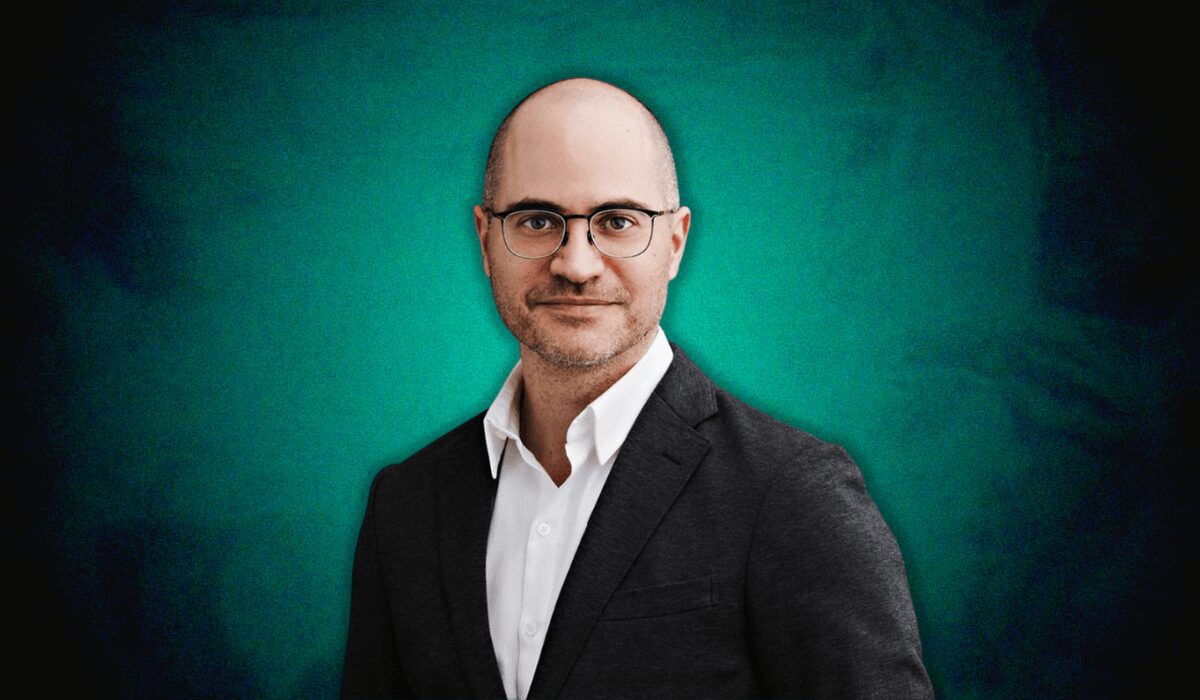Driving Mental Health Support in the Workplace: Insights from Dr. Aaron Barth, CEO of Dialectic Solutions

In this insightful collection of interviews, we delve into the minds of successful entrepreneurs who have made significant strides in prioritizing mental health in the workplace. We asked them a series of thought-provoking questions, aiming to uncover their strategies, experiences, and expertise in addressing this critical aspect of employee well-being.
Name: Dr. Aaron Barth
Company: Dialectic Solutions
Check out more interviews with entrepreneurs here.
Table of Contents
What are some key strategies for organizations to identify and address early signs of mental health issues among employees? Share your insights and experiences on implementing proactive measures.
Dr. Aaron Barth: Deviations in normal energy levels, motivation and willingness to engage in work and with colleagues. These are generally the early signs or symptoms that someone carries a heavier mental burden.
How can companies create a supportive environment for employees to openly discuss mental health and seek help when needed? Share examples of successful communication and resources that have made a difference in your organization.
Dr. Aaron Barth: Humans are incredibly good at mimicry. What is most helpful is having leaders model what open discussion of mental health looks like. Any small demonstration of openness will also give people the confidence to speak up.
What role can training and education play in fostering mental health awareness in the workplace? Share your experience with impactful workshops, seminars, or training programs that have contributed to a better understanding and support of mental health among employees.
Dr. Aaron Barth: What won’t work by itself is a single workshop or e-learning experience. The most impactful educational strategy for soft skills training, like those involving mental health awareness, is to move *beyond* awareness to action by centring scenarios and simulations in your training programs. Scenarios allow people to practice mental health skills in authentic contexts, with real-world feedback, to effortlessly translate these skills to the real world. A power-point presentation doesn’t do that.
Jerome Knyszewski, VIP Contributor to WellnessVoice and the host of this interview would like to thank Dr. Aaron Barth for taking the time to do this interview and share his knowledge and experience with our readers.
If you would like to get in touch with Dr. Aaron Barth or his company, you can do it through his – Linkedin Page
Did you enjoy this article? Check out similar stories:
Disclaimer: The WellnessVoice Community welcomes voices from many spheres on our open platform. We publish pieces as written by outside contributors with a wide range of opinions, which don’t necessarily reflect our own. Community stories are not commissioned by our editorial team and must meet our guidelines prior to being published.
RECENT ARTICLES
